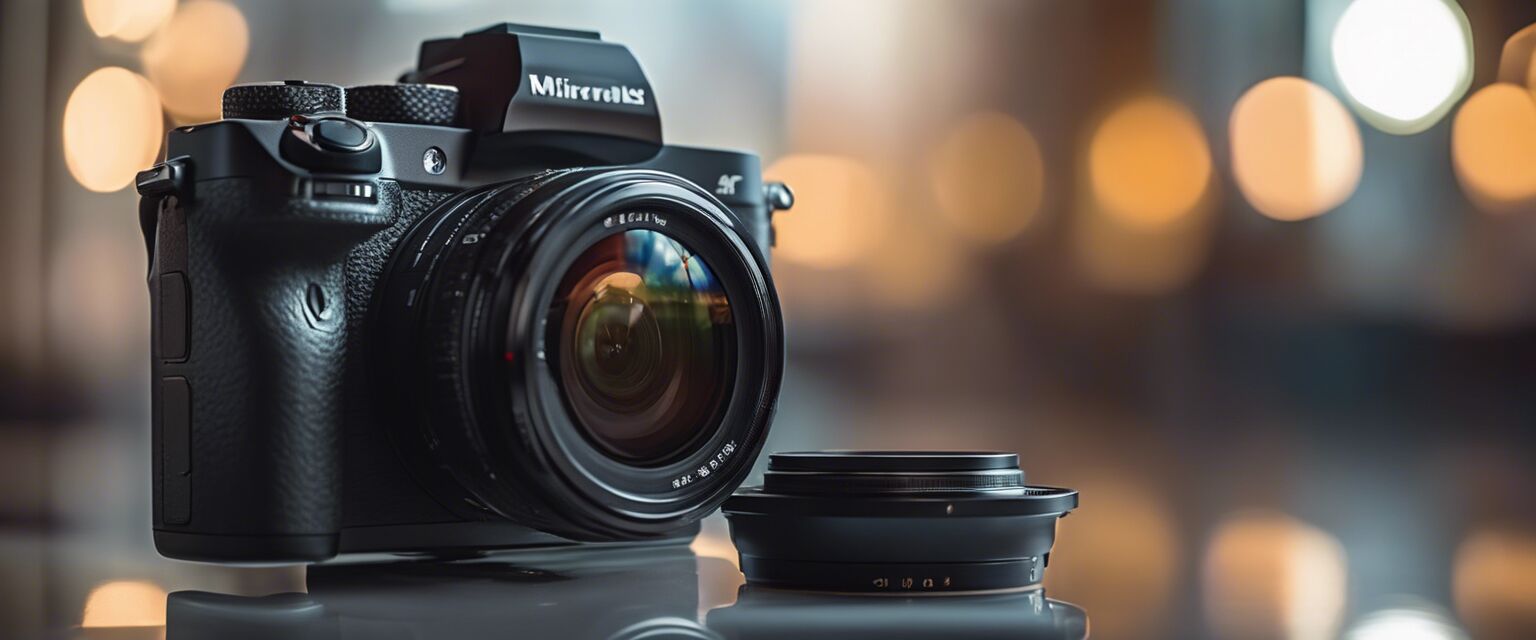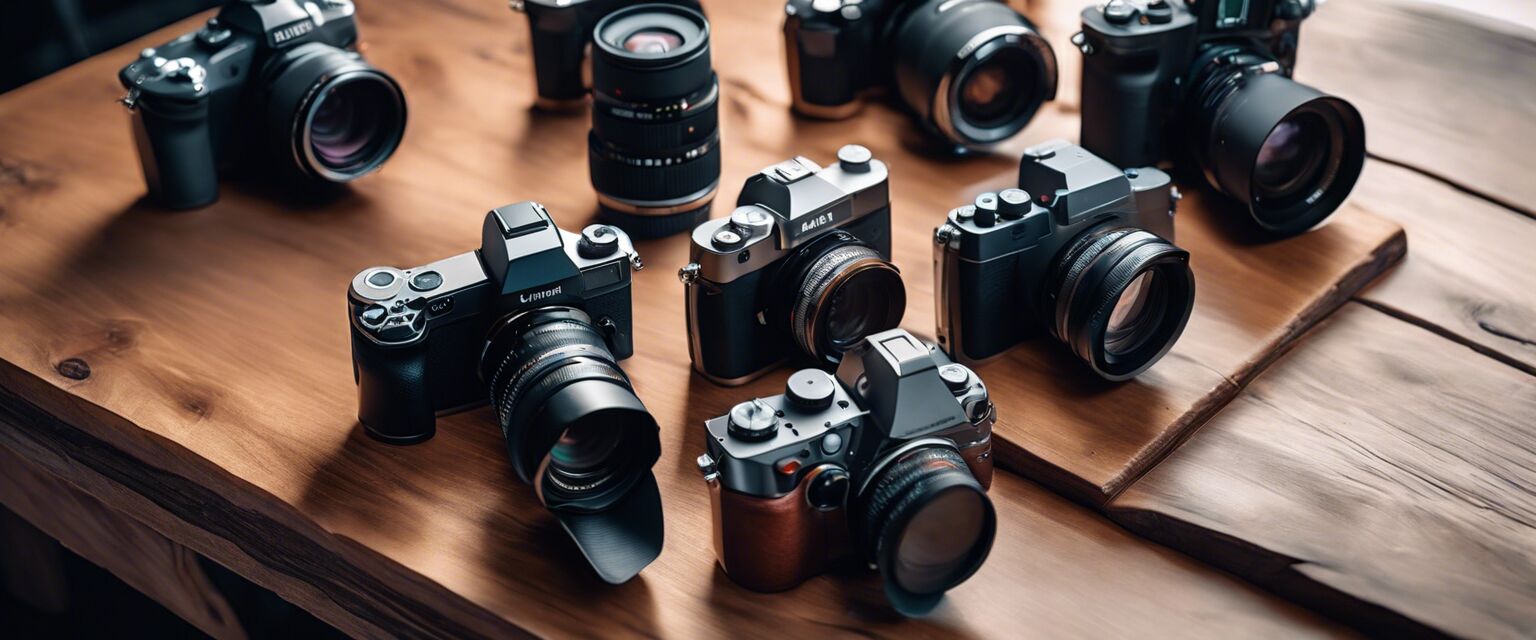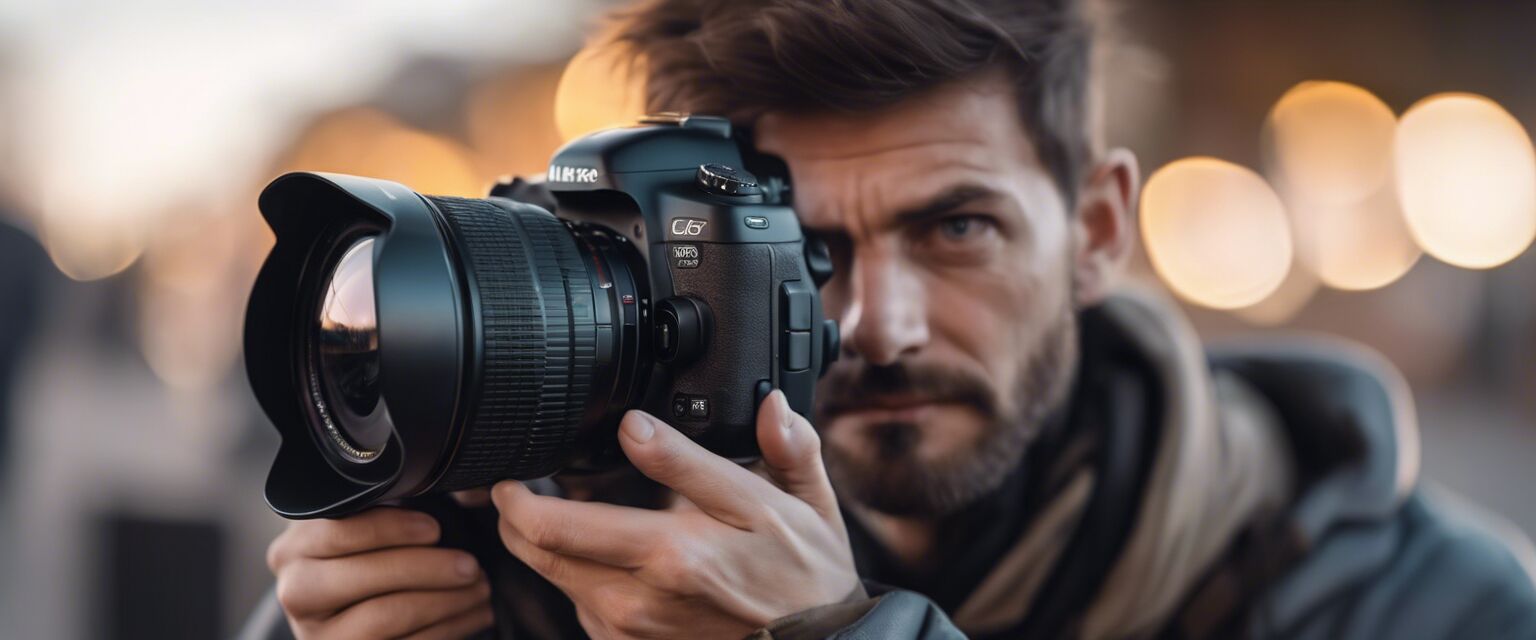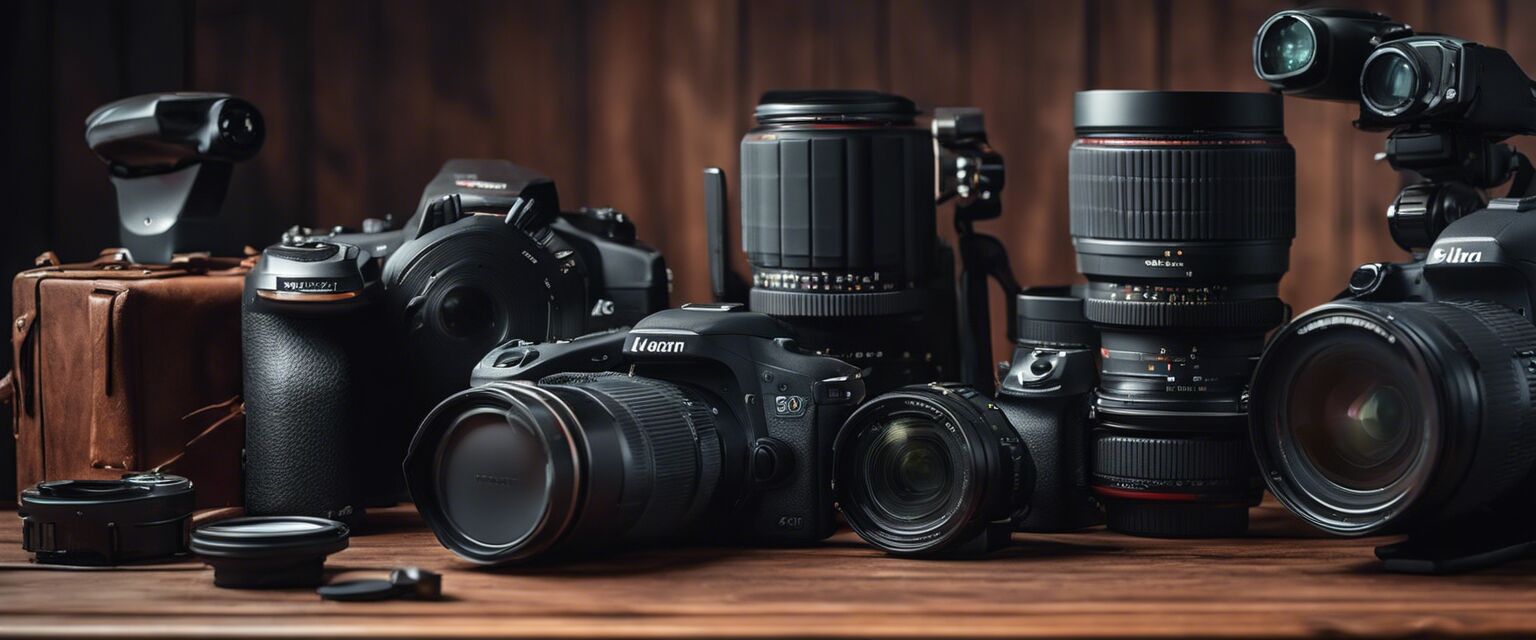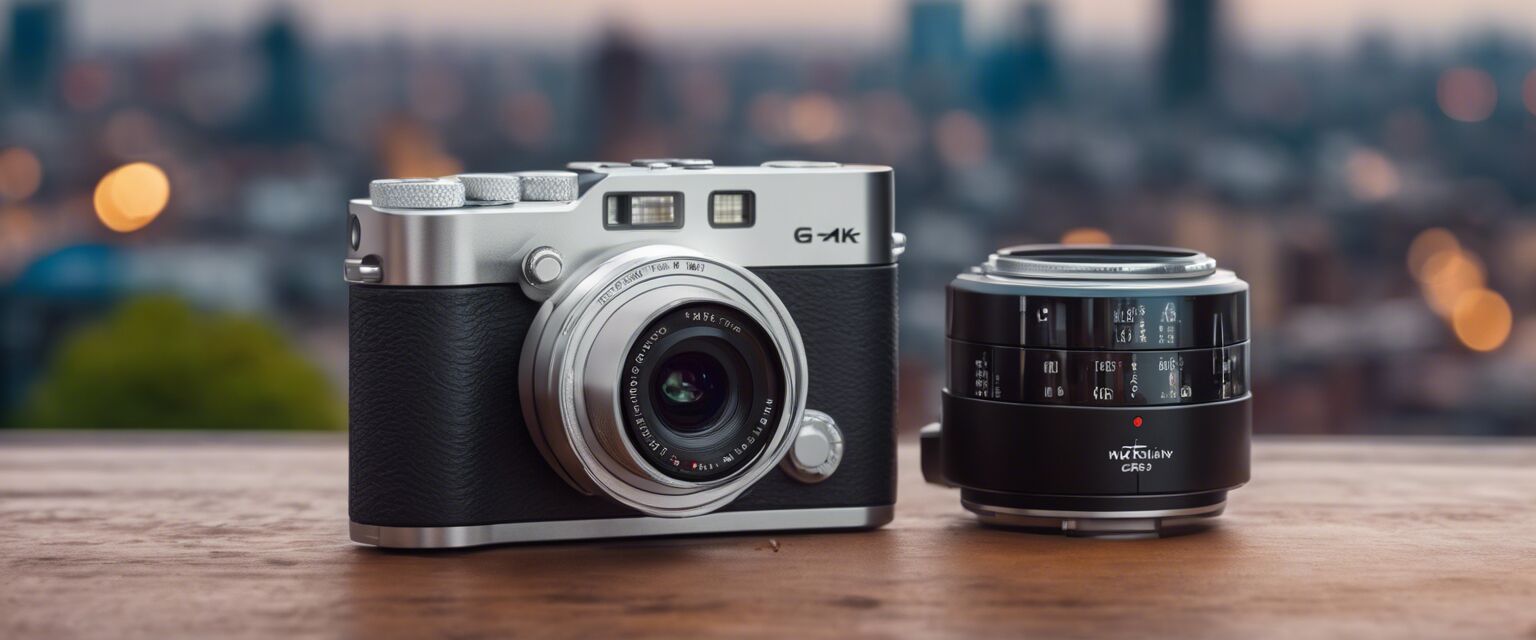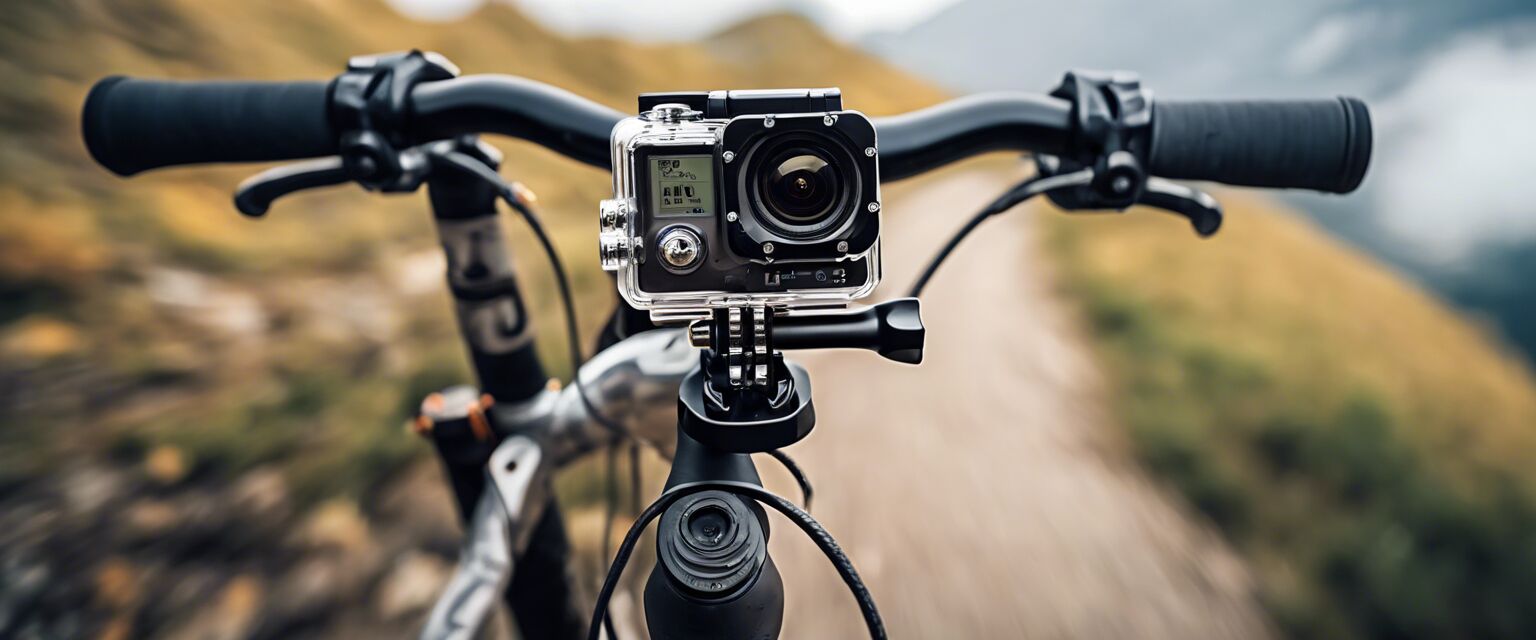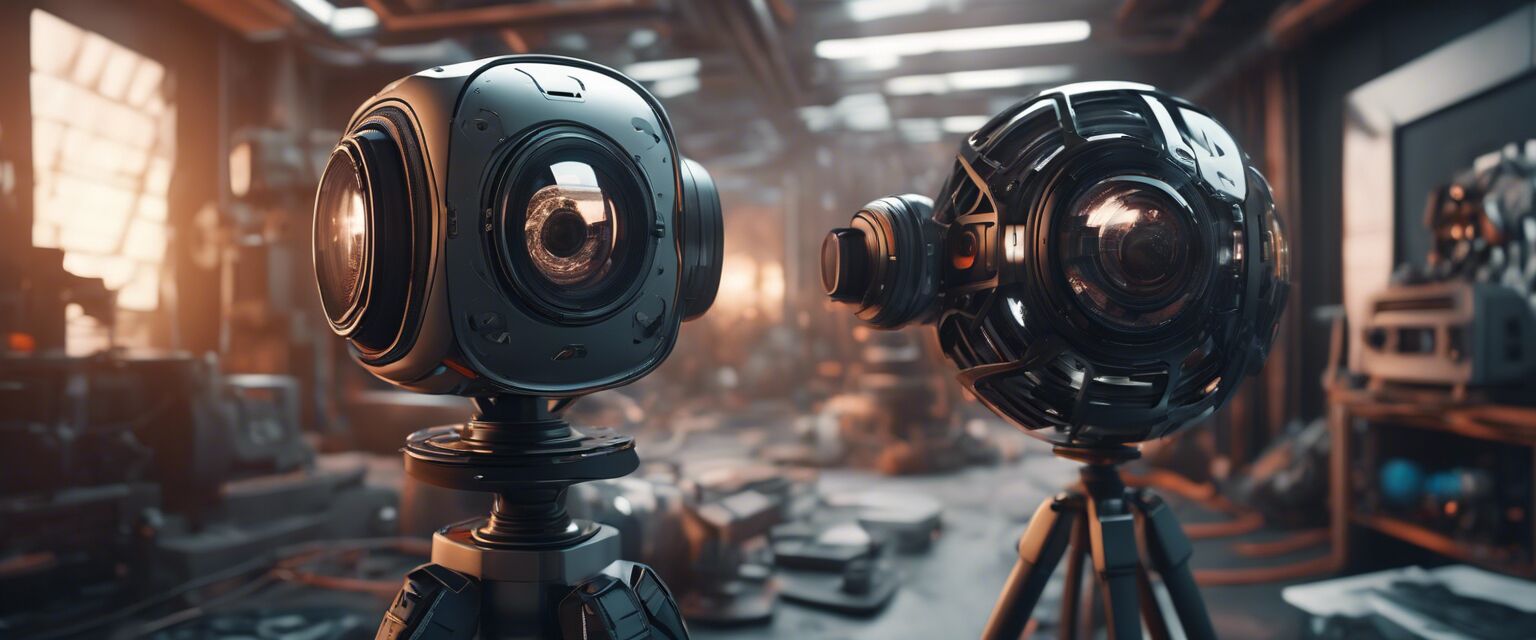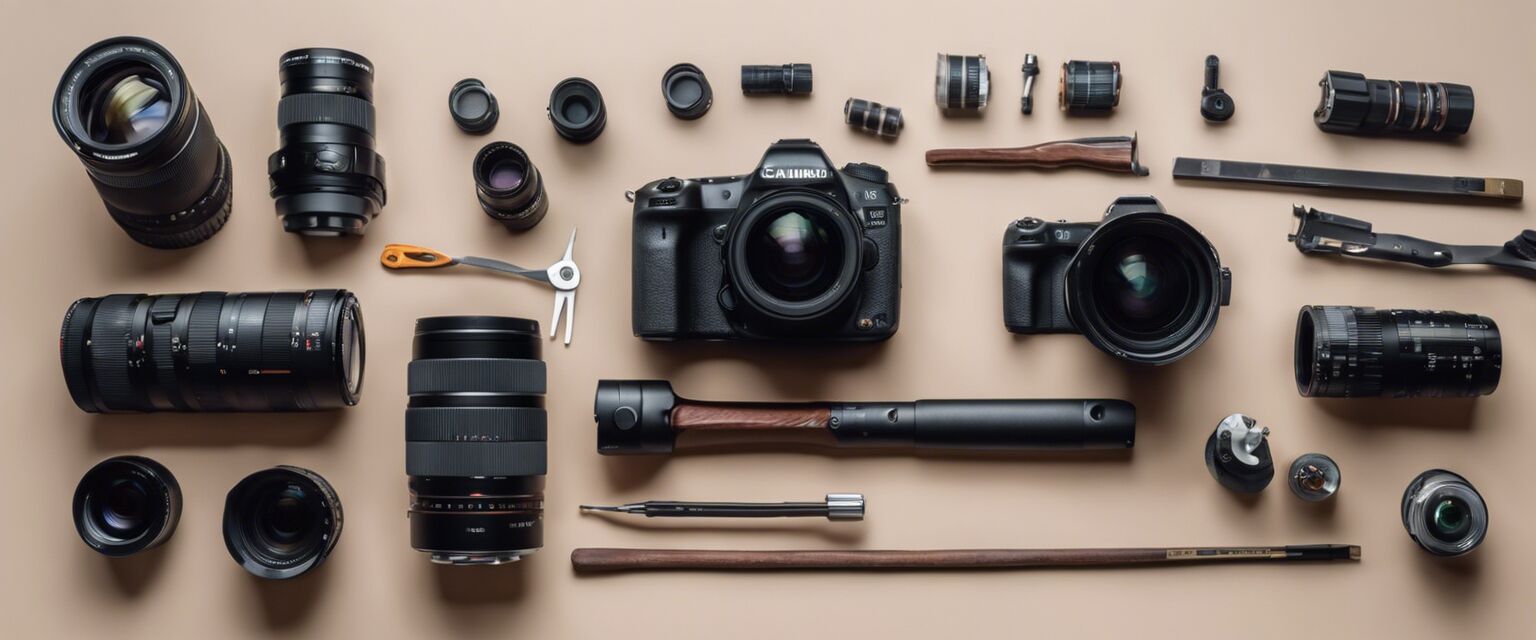
Camera Maintenance & Care
Key Takeaways
- Regular cleaning is essential to keep your camera in top shape.
- Proper storage methods can prolong the camera's lifespan.
- Routine checks can prevent major issues and maintain functionality.
- Maintain lenses and accessories for the best photographic results.
Cameras are significant investments, and proper maintenance is crucial to ensure they continue to perform at their best. Whether you own a DSLR, a mirrorless camera, or an action camera, understanding how to care for your device can immensely prolong its life and improve its functionality.
Why is camera maintenance important?
Camera maintenance is not just about keeping your gear looking good; it's about ensuring that your equipment functions well. A dropped camera or a model exposed to dust, dirt, or moisture can lead to permanent damage, which can be costly to fix. A regular maintenance routine can help you detect potential problems before they become serious issues.
Essential camera maintenance tips
1. Regular cleaning of the camera body
To keep your camera in good condition, it’s vital to clean the body often. Here are some cleaning steps:
- Use a soft brush to remove dust and debris.
- Wipe surfaces gently with a microfiber cloth.
- Use blower to remove dirt from crevices.
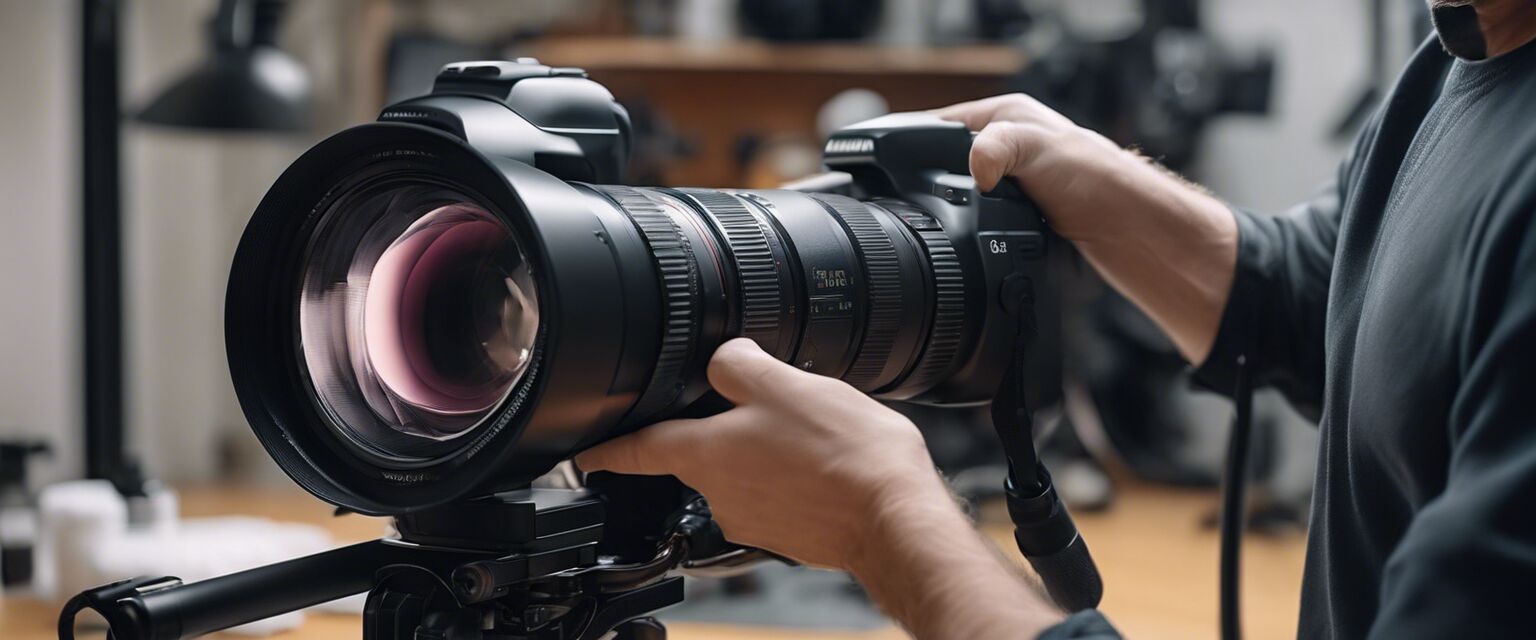
2. Maintaining the camera lens
Your lens can easily gather dust and fingerprints. Here are effective tips for lens care:
- Always use a lens cap when not in use.
- Clean the lens with a microfiber cloth and lens cleaner.
- Inspect the lens regularly for scratches or chips.
3. Proper storage practices
It’s just as important how you store your camera when you're not using it. Consider these storage tips:
- Store in a dry, cool place, away from direct sunlight.
- Use a padded camera bag for additional protection.
- Consider using silica gel packets for moisture control.
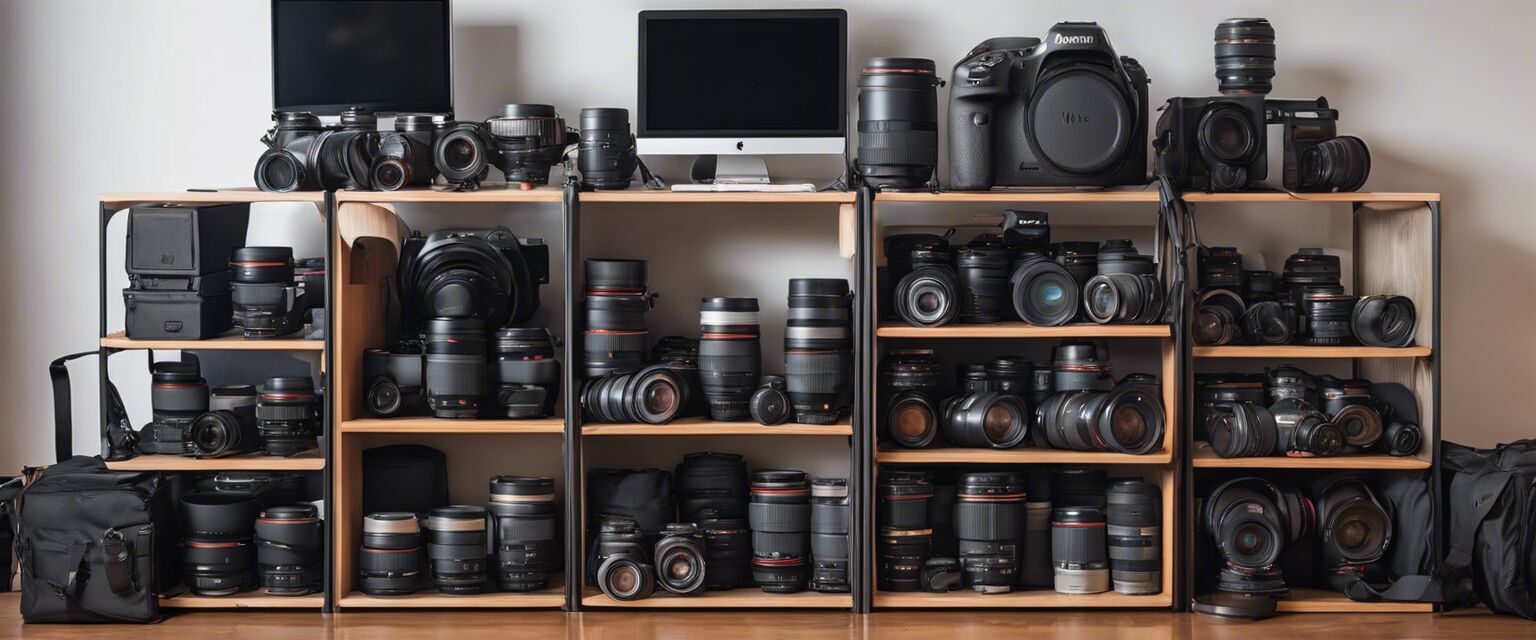
Regular checks to perform
To make sure your camera is functioning properly, here’s a checklist of regular checks you should perform:
| Check Item | Frequency | Notes |
|---|---|---|
| Inspect camera body for scratches | Monthly | Ensure the body is free from major damages. |
| Check for firmware updates | Quarterly | Keep your camera’s performance optimized. |
| Test battery life | Monthly | Replace old batteries if necessary. |
Tips for specific types of cameras
Different types of cameras require different care methods. Here’s a brief guide:
DSLR Cameras
For DSLR cameras, care is particularly needed since they have many moving parts.
- Keep the mirror clean.
- Use a remote shutter release to avoid shake.
Mirrorless Cameras
These models require similar care to DSLRs, but pay special attention to:
- Monitor the sensor for dust accumulation.
- Be cautious with adapting different lens types.
Action Cameras
Action cameras are built for rugged use but still require attention:
- Clean housing and mounts regularly.
- Rinse with fresh water after use in saline environments.
Beginners Section: Learning care practices
If you're just starting out, here are a few beginner-friendly tips to help you develop good maintenance habits:
- Start with basic cleaning tools and learn to use them.
- Familiarize yourself with your camera’s features and manuals.
- Keep a maintenance log to track when you performed checks.
Conclusion
By following these camera maintenance tips and best practices, you can help prolong the life of your camera while ensuring it operates at its best. Whether you are a professional photographer or a hobbyist, taking a few extra minutes for care can make all the difference in capturing those perfect moments!
Pros
- Increased lifespan of the camera.
- Improved photo quality.
- Fewer repair costs over time.
Cons
- Time-consuming task initial setup.
- Some cleaning products can damage surfaces if used incorrectly.
If you're interested in exploring more about cameras, check out our sections on DSLR cameras, mirrorless cameras, action cameras, and cameras for beginners. Don't forget to view our camera accessories section for essential maintenance tools!
